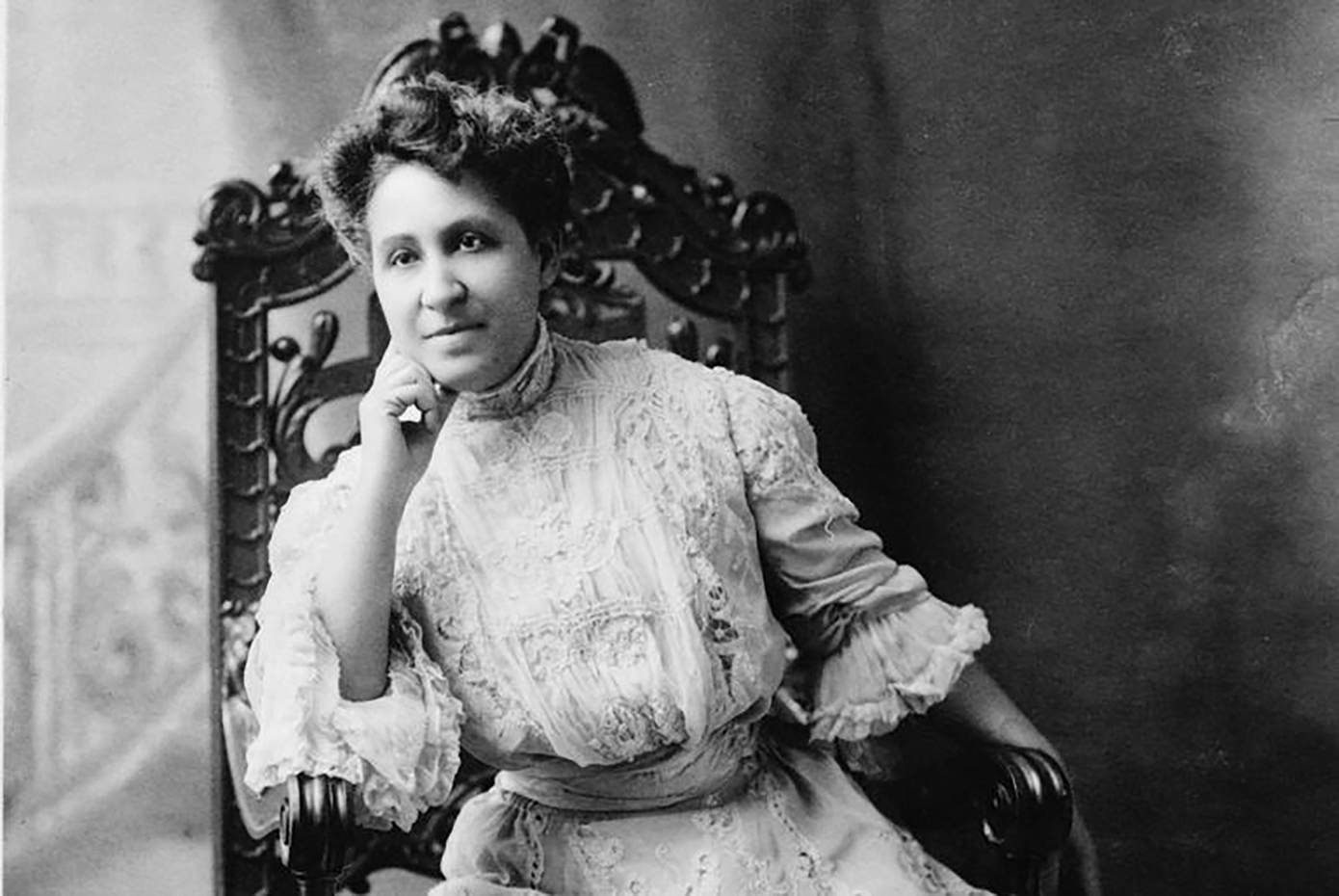Mary Church Terrell (1863–1954) was an influential African American civil rights activist, suffragist, and educator whose pioneering efforts significantly advanced the causes of racial equality and women’s rights in the United States.
Born on September 23, 1863, in Memphis, Tennessee, Terrell was the daughter of Robert Reed Church, one of the South’s first black millionaires, and Louisa Ayers. Growing up in an affluent family, she had access to exceptional educational opportunities, which were rare for African Americans then. Terrell attended Oberlin College in Ohio, becoming one of the first African American women to earn a college degree when she graduated with a Bachelor’s degree in 1884 and a Master’s degree in 1888.
Terrell began her career as a teacher and principal at the M Street High School (now known as Paul Laurence Dunbar High School) in Washington, D.C., one of the most prestigious schools for African American students. Her marriage to Robert Heberton Terrell, a lawyer and later the first black municipal court judge in Washington, D.C., further entrenched her in the fight for racial equality.
… no young colored person in the United States today can truthfully offer as an excuse for lack of ambition or aspiration that members of his race have accomplished so little, he is discouraged from attempting anything himself. For there is scarcely a field of human endeavor which colored people have been allowed to enter in which there is not at least one worthy representative.
Mary Church Terrell
In 1892, the lynching of her friend Thomas Moss in Memphis was a pivotal moment that propelled Terrell into activism. She joined forces with Ida B. Wells-Barnett and others to denounce lynching and to campaign for justice and civil rights. Terrell became a founding member of the Colored Women’s League in 1894, and later the National Association of Colored Women (NACW) in 1896, serving as its first president. Under her leadership, the NACW adopted the motto “Lifting as We Climb,” which encapsulated their mission to improve the lives of African Americans and promote social uplift through education and community service.
A fervent advocate for women’s suffrage, Terrell also worked alongside white suffragists, although she often faced racism within the movement. She was a member of the National American Woman Suffrage Association. She was instrumental in forming the National Association of University Women, which aimed to support African American women pursuing higher education.
Terrell’s activism extended to the international stage as well. In 1904, she was invited to speak at the International Congress of Women in Berlin, Germany, making her one of the first African American women to speak at such a prominent global event. Her eloquence and compelling arguments against racial discrimination earned her international acclaim.
In 1909, Terrell became one of the founding members of the National Association for the Advancement of Colored People (NAACP), continuing her lifelong fight against racial injustice. During the 1940s and 1950s, she played a crucial role in the desegregation of public places in Washington, D.C., notably leading the charge in the lawsuit that resulted in the desegregation of eating establishments in the city.
A white woman has only one handicap to overcome – that of sex. I have two – both sex and race. … Colored men have only one – that of race. Colored women are the only group in this country who have two heavy handicaps to overcome, that of race as well as that of sex.
Mary Church Terrell
Terrell’s extensive writings, including her autobiography “A Colored Woman in a White World” published in 1940, provide invaluable insights into her life and the broader struggles of African Americans. Her legacy is marked by her unwavering commitment to justice, equality, and education, which left an indelible impact on the civil rights movement and the advancement of women’s rights.
Mary Church Terrell passed away on July 24, 1954, but her pioneering efforts and inspirational leadership continue to resonate, reminding us of the relentless pursuit of equality and justice.
- Mary Church Terrell – Wikipedia
- Mary Church Terrell | National Women’s History Museum (womenshistory.org)
- Mary Eliza Church Terrell | Civil rights leader, Educator, Activist | Britannica
- Mary Church Terrell – Quotes, Speech & Facts (biography.com)
- Because of Her Story: Activist and Suffragist Mary Church Terrell | National Museum of African American History and Culture (si.edu)
